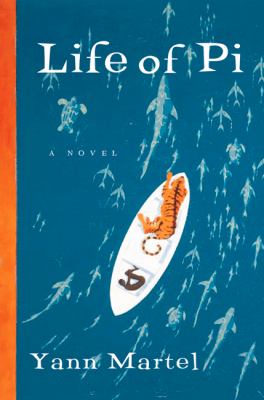 H.P. Lovecraft brought horror fiction into existence with his tales of eldritch monsters and otherworldly beings. Now, editor Ross E. Lockhart has compiled The Book of Cthulhu, a collection of short stories, as a tribute to the Cthulhu Mythos story cycle first created by Lovecraft himself. The book is an anthology of short horror stories with a variety of topics yet all containing the familiar dread of Lovecraft.
H.P. Lovecraft brought horror fiction into existence with his tales of eldritch monsters and otherworldly beings. Now, editor Ross E. Lockhart has compiled The Book of Cthulhu, a collection of short stories, as a tribute to the Cthulhu Mythos story cycle first created by Lovecraft himself. The book is an anthology of short horror stories with a variety of topics yet all containing the familiar dread of Lovecraft.
The unique genre is Lovecraftian horror, which features the supernatural and the extraterrestrial. Within his stories of the occult, Lovecraft was famous for using dread instead of shock and gore. Instead of trying to scare the reader through cheesy ghost stories or bloody axe killers, Lovecraftian literature creates feelings of insignificance, helplessness, and awe. A common theme is the insignificance of humanity. Humans are merely specks of dust in the vast universe, completely at the mercy of ancient or even ageless beings. Aliens and elder gods from different worlds and dimensions exist that could annihilate humankind on a whim. Lovecraft’s universe holds creatures so monstrous and beyond comprehension that even knowledge of them drives men to insanity.
The authors from The Book of Cthulhu continue Lovecraft’s tradition. The first short story, Andromeda Among the Stones, highlights the best aspects of Lovecraft. A family by the edge of the sea must sacrifice everything to guard a portal against the eldritch beings on the other side. Out of all of the stories in the anthology, this short story perhaps best embodies Lovecraft’s sense of awe and dread of the unknown.
My personal favorite story is A Colder War, set in the Cold War era. The world’s superpowers attempt to understand and harness the alien beings as weapons. These elder gods trivialize humanity’s nuclear arms and ultimately threaten to consume this world and other worlds.
The Book of Cthulhu is a worthwhile and thought-provoking read that will put earthly matters into perspective. Although the stories are sometimes hit or miss, each author offers their own style infused with Lovecraft, making it a varied and interesting anthology. The stories often require the reader to grasp the context very quickly, and it often feels as if the short stories are lacking exposition. On the other hand, this adds to the mysterious atmosphere that Lovecraft was so famous for. The anthology is a proper modern tribute to Lovecraft that will leave readers feeling a little tinier than before.
-Phillip X.








